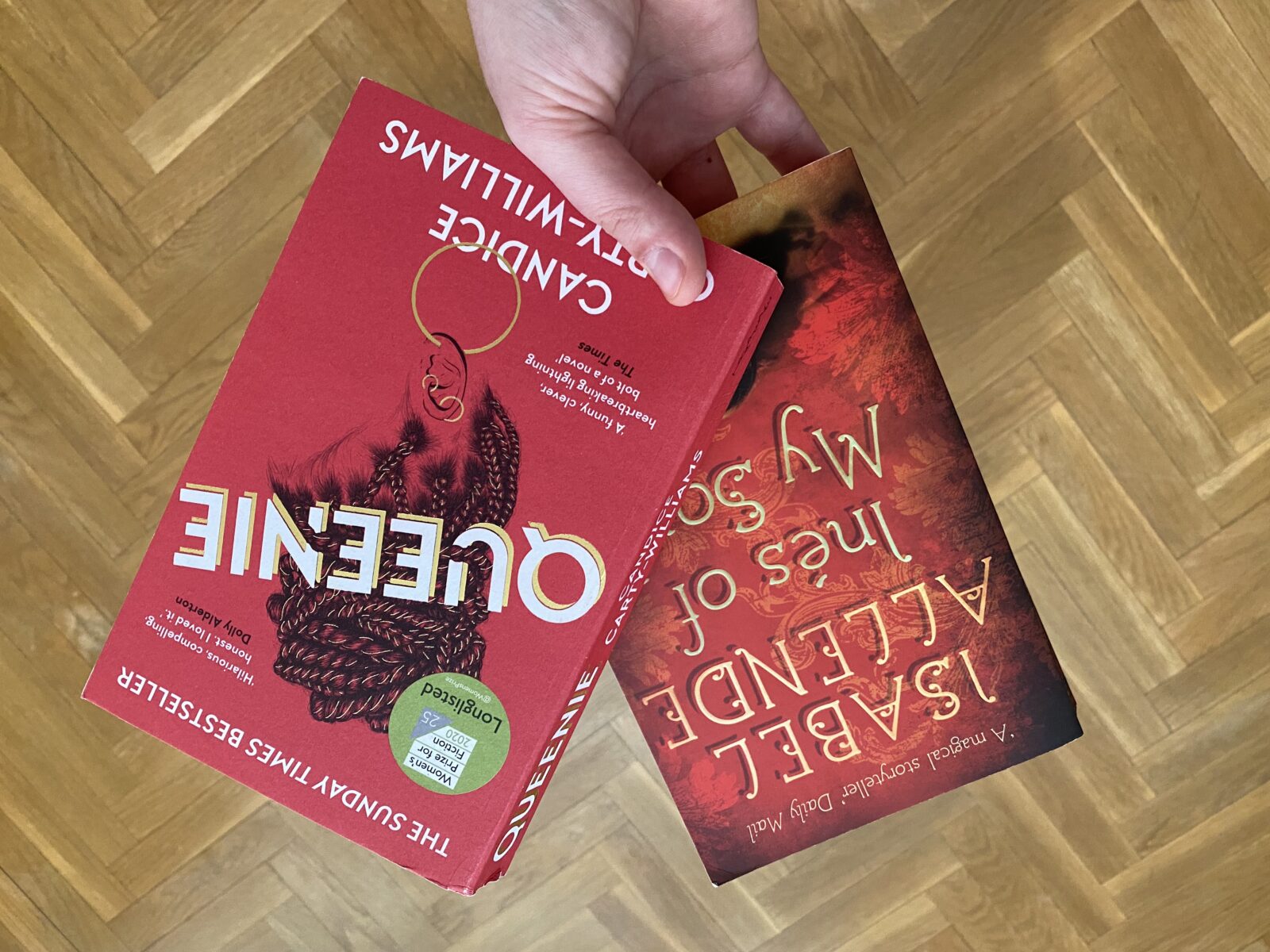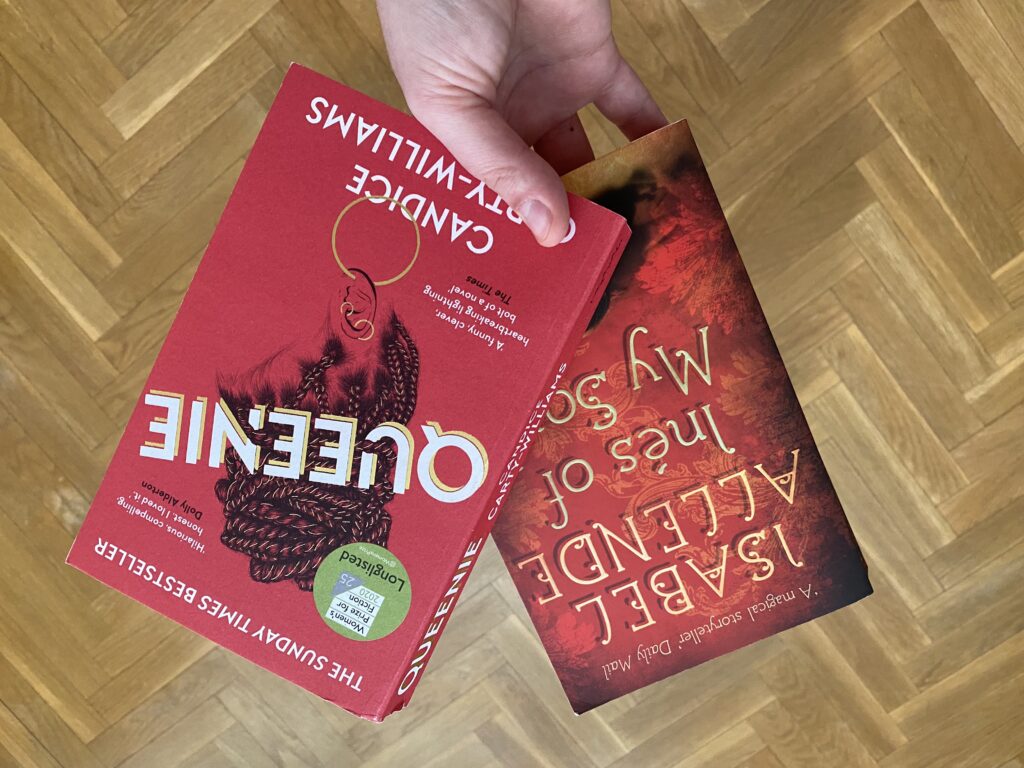Inés of My Soul, Isabel Allende
Ya’ll know I love Isabel Allende. I wrote about her book The House of the Spirits for my undergraduate thesis. But this book was… disappointing, to say the least. It follows the life of Inés Suarez, a Spanish woman who goes to South America in the 1500s in search of her husband who has disappeared and basically becomes a conquistadora. While I appreciate that Allende was trying to highlight one of the only European women who was known to be in the Americas at that time, and alone at that, her use of language is horrifying—she takes on the perspective of Inés, who speaks terribly about the indigenous peoples, and Allende even justifies this in an interview with NPR: “She lives in a very cruel time and the conquistadors were brutal. But when they came to America they found also very brutal civilizations there. The Aztecs were savages really. The Incas in Peru were not as bad, but they were also very repressive and cruel”…Seriously? As if this justifies a book like this, written in 2006? Imagine if instead of Inés, we were talking about Columbus. I don’t think so. And Allende herself has said that no writings from Inés exist, so she had to recreate it as she imagined from mere mentions of Inés throughout others’ writing…so she had the creative liberty to use whatever kind of language she wanted, and she chose to continue on in the same vein as colonialism…I honestly expected more of her. And I think about the idea that literature has the ability to exist beyond the status quo and to challenge it, to inspire everyone to do and be better, and she chose to ignore this. That’s enough about that.
Queenie, Candice Carty-Williams
Queenie was longlisted for the Women’s Prize in 2020, and it is easy to see why. The novel follows Queenie, a 25-year-old Black woman living in London who is going through a breakup followed by mental health challenges, and the struggles she faces in getting the help she needs. Carty-Williams, in one novel, tackles racism, sexism, objectification, mental health stigmatization, and the difficulties women, and especially Black women, face in society as well as work culture as they navigate through a system set up against them. Queenie is both persevering and perplexing, funny and hardworking—at her core, she is relatable. And it is a joy for the reader to watch her work so hard to overcome the obstacles in her way and come out on top: successfully managing her mental health, working a rewarding job she loves, and learning, most of all, that she is enough and needs no man or partner to complete her.

